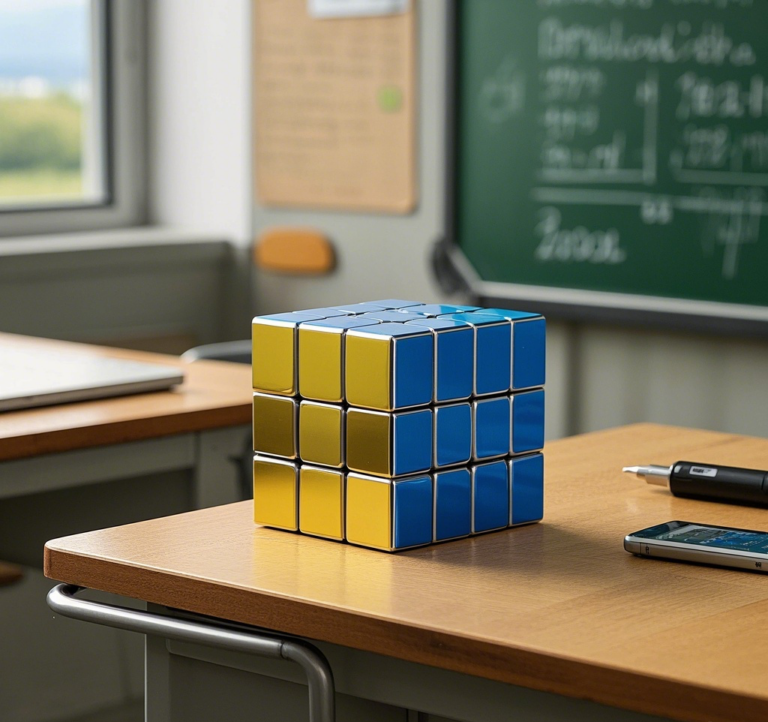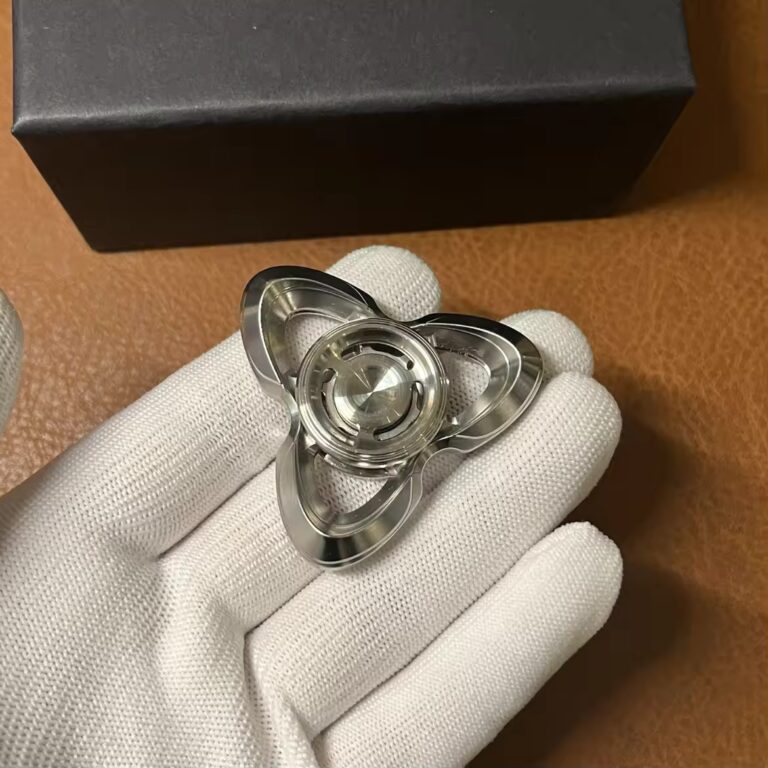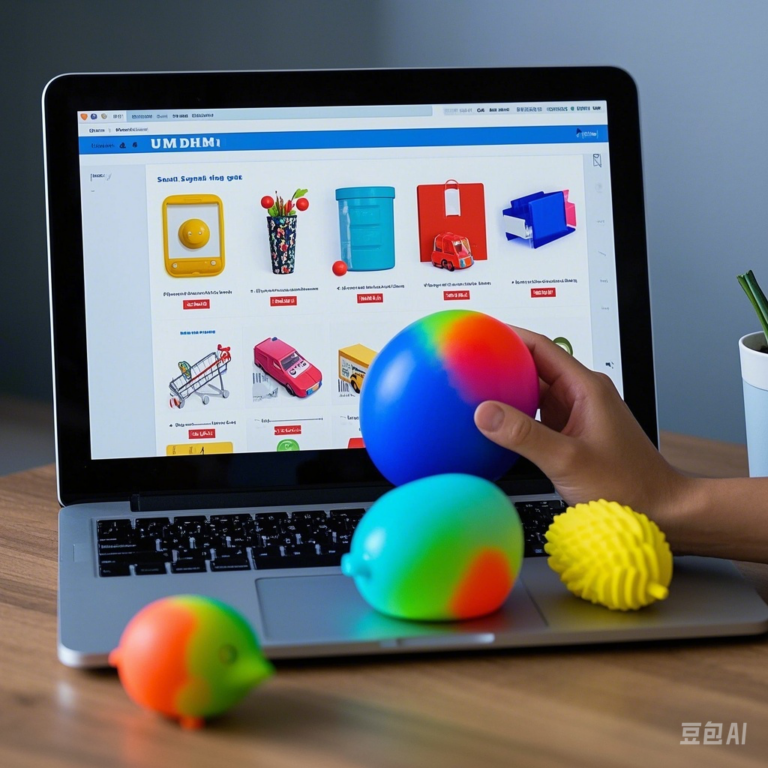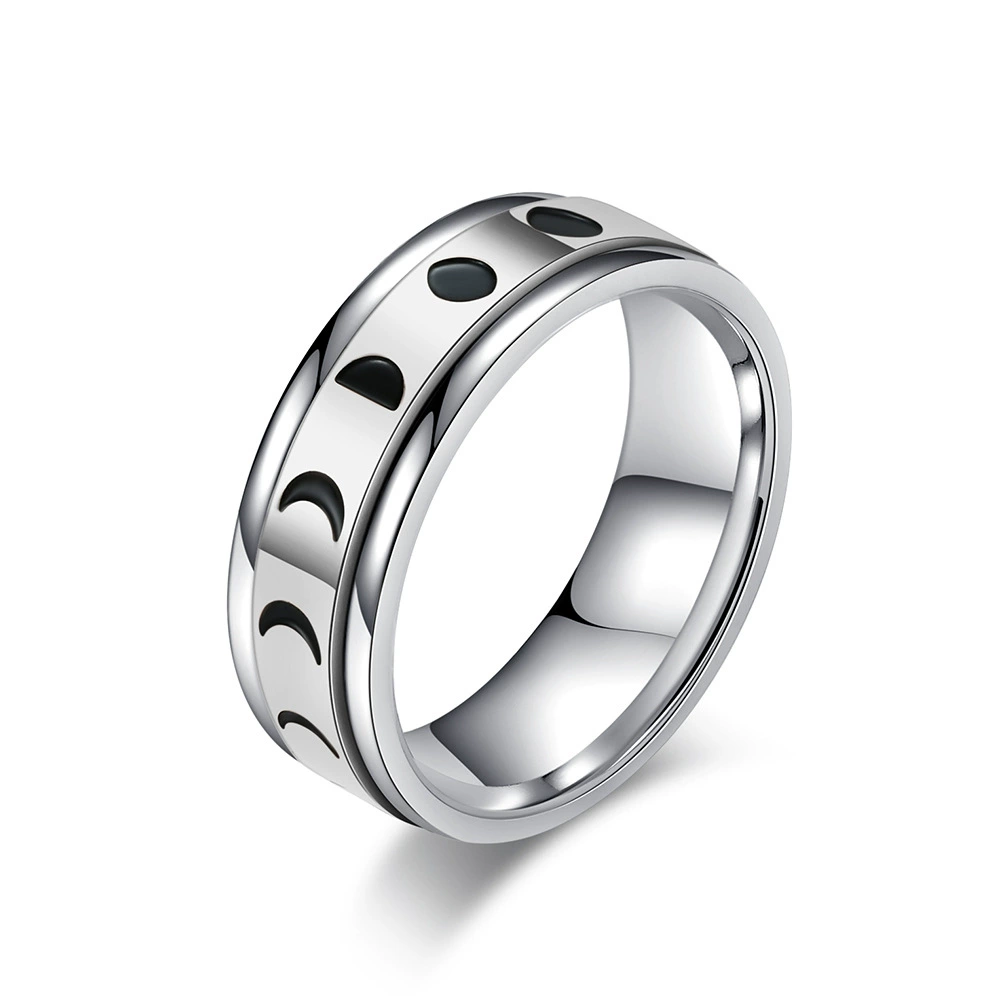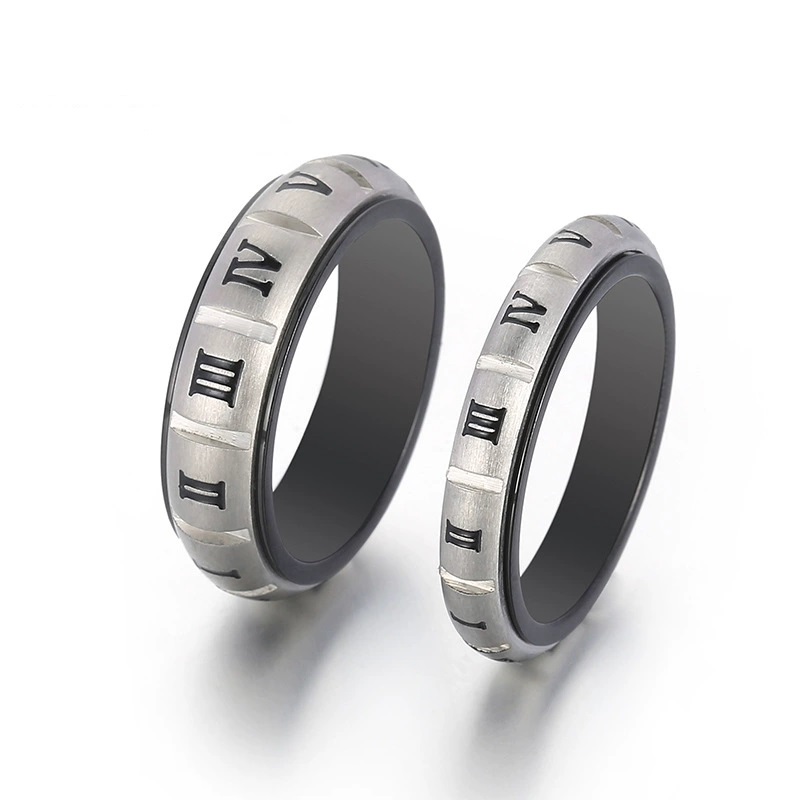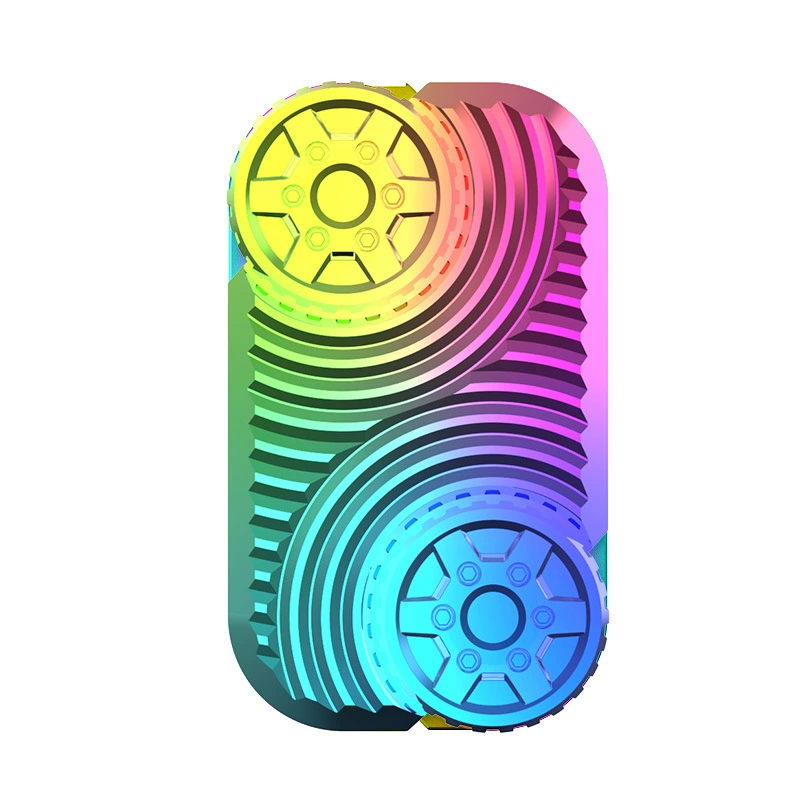-
Shenzhen City, GuangDong Province, China
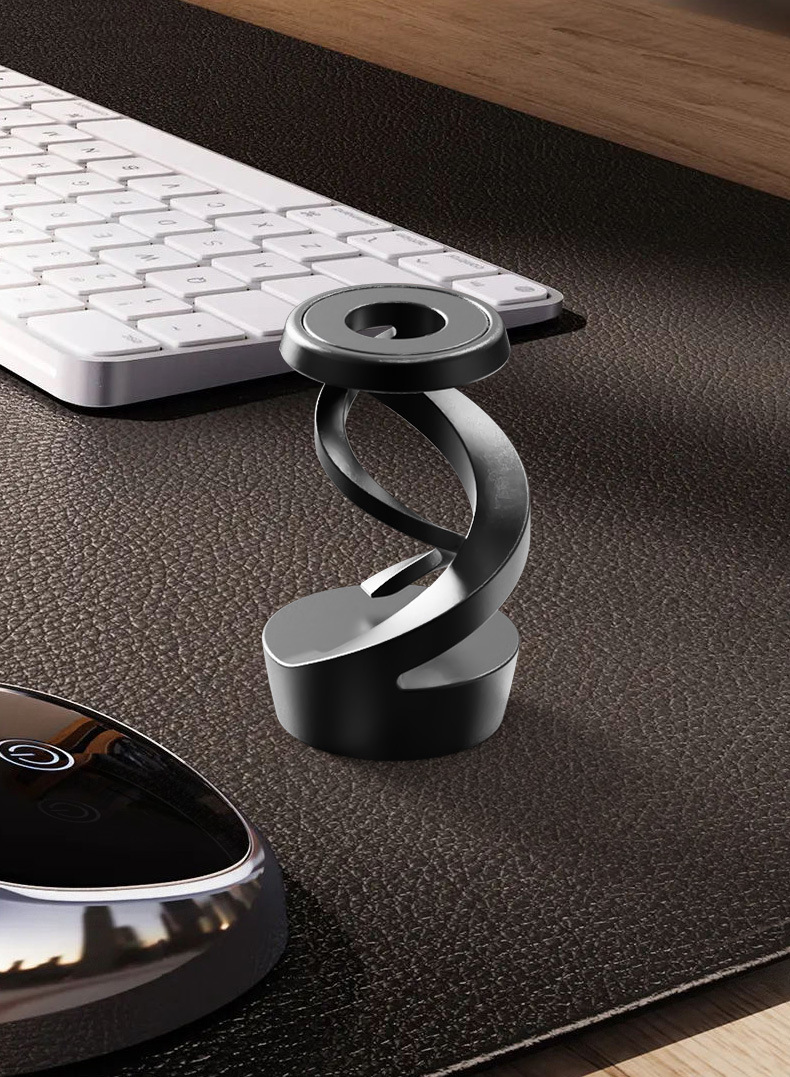
What Are Fidget Toys Used For?
What Are Fidget Toys? Let’s Learn!
Have you seen small toys people hold? Toys they spin, click, or squeeze? These are called fidget toys. They are like little gadgets for your hands.
Fidget toys are not just fun trends. They are tools! Yes, tools! They help with feelings, like when you feel stress. They help your brain too. Like when you need focus improvement. They give your hands something to do. This is called sensory stimulation.
Many people use these tactile toys. Kids use them in class. Grown-ups use them at work. They help with restless hands. They are calming devices. Think of them as mental health tools or study aids. Let’s learn what are fidget toys used for. We will see how these therapeutic toys help. They offer boredom reduction and act as cognitive support. They are helpful learning aids.
Table of Contents
Why Do People Use Fidget Toys?
Fidget toys have many uses. They are helpful in many ways.
Feeling Calm: Stress Relief and Anxiety Reduction
Do you ever feel worried? Or feel lots of stress? Fidget toys can help! Holding and playing with them gives tactile feedback. This means your hands feel something nice. Like squeezing a soft stress ball. Or clicking the buttons on a Fidget Cube. This feeling can make your body feel calm. It is good for anxiety reduction.
Think about Pop Its. Pushing the bubbles makes a soft pop sound. This repetitive motion can be soothing. It helps with stress management. Many people find these relaxation devices helpful. They are good for anxiety management. They offer silent stress relief. Some toys, like Worry Stones, are smooth. Rubbing them can make worries feel smaller. These are great self-soothing tools. They are part of good emotional regulation. Consider them useful anxiety coping tools. They offer simple relaxation techniques. Some people use them for test anxiety relief. They provide quiet fidgeting options. These stress toys or stress relief gadgets offer stress reduction. They are good anxiety relief toys for mindful fidgeting.
Helping Brains Focus: Focus Improvement
Do you find it hard to sit still? Do your hands always want to move? This is called having restless hands or nervous energy. Fidget toys can help! They give your hands a job. This helps your brain pay attention. It’s good for concentration aids.
At school, some kids use classroom tools like fidgets. It helps them listen better. It helps with classroom focus. This is called active listening. At work, grown-ups use desk toys. These office productivity aids help them focus during long meetings. They prevent mind wandering prevention. They provide silent distractions that don’t bother others. Kinesthetic learning means learning by moving. Fidget toys support this. They help with cognitive focus. These focus enhancers are great productivity boosters. They can improve executive function. Many find them useful for distraction management. People with Attention Deficit Hyperactivity Disorder, or ADHD, often find ADHD tools like fidgets helpful. They are focus tools for kids and focus aids for adults. They can improve mental clarity. These fidgeting solutions provide quiet classroom tools and help with workplace focus.
Special Help: Neurodivergent Support
Some people’s brains work differently. This is called being neurodivergent. Fidget toys can be very helpful for them.
- ADHD: People with ADHD sometimes move a lot. Fidget toys give them a way to move quietly. This helps them focus. The Centers for Disease Control and Prevention (CDC) reports many kids have ADHD. Fidgets are common ADHD accommodations. They help manage attention disorders.
- Autism Spectrum Disorder (ASD): People with Autism Spectrum Disorder (ASD) sometimes need certain feelings. This is called sensory input. Fidget toys give good sensory stimulation. Chewable jewelry, sometimes called Chewelry, helps those who need to chew. Tangles offer twisty fun. Therapy Putty gives hands something to squeeze. These sensory toys help with sensory processing. Occupational Therapy often uses these tools. An occupational therapist might suggest stim toys. The American Occupational Therapy Association (AOTA) recognizes these benefits. Autism Speaks offers resources too. Understanding Sensory Processing Disorder (SPD) is key. The STAR Institute focuses on this. Fidgets provide needed tactile sensory input. They are sensory-friendly tools. They help with sensory integration. They meet sensory needs. Sometimes, multisensory tools are used. Body doubling, where someone works alongside you, can be paired with fidgets. These are important neurodivergent support tools.
- Occupational Therapy Tools: Therapists use hands-on therapy. They use tools for fine motor skills. Things like Play-Doh or Wikki Stix. Fidgets help with hand exercise and hand strengthening. They improve fine motor development. These motor skill development aids are great occupational therapy tools.
Stopping Habits: Quiet Distraction
Do you bite your nails? Or shake your leg too much? Fidget toys offer a better way to use that energy. They are quiet fidgets. You can use them anywhere. An Infinity Cube folds quietly. Sensory Rings are small and silent. These silent fidgets help stop habits without bothering others. They offer restlessness relief. They provide silent play options.
Who Can Use Fidget Toys?
Lots of people find fidget toys helpful!
- Students: Fidgets can be great learning aids in the classroom. They help with study breaks. They act as study aids. They improve classroom focus.
- Office Workers: Grown-ups use them for office stress. Desk gadgets like the ONO Roller or a nice Kinetic Desk Spinner can make work less dull. They help manage office productivity.
- Neurodivergent People: Those with ADHD, ASD, or SPD benefit greatly. Emotional support toys can be comforting. An IEP (Individualized Education Program) or a 504 Plan might include fidgets. Organizations like Understood.org and the Child Mind Institute provide info. The DSM-5 lists criteria for these conditions.
- Therapy Clients: Occupational therapy uses them for sensory integration and fine motor skills. They are key therapeutic toys.
- Anyone: Anyone who feels stress or needs focus can try them! They are good mental health tools.
What Kinds of Fidget Toys Are There?
There are many types! Each works a bit differently.
- Tactile Toys: These feel good to touch.
- Stress balls: Good for squeezing.
- Therapy Putty: Stretchy and fun. Good for hand strengthening.
- Monkey Noodle: Stretchy strings.
- Kinetic Sand: Moldable sand.
- Worry Stones: Smooth stones to rub.
- Click/Pop Toys: These make soft sounds.
- Pop Its: Silicone bubbles to pop. Great for stress relief.
- Fidget Cube: Has buttons, switches, and dials. A good Metal Fidget Cube Spinner combines spinning too.
- Spinning Toys: These spin around.
- Fidget Spinners: Spin on your finger. They offer visual focus. Zuru is a known brand.
- Desk Spinners: Like the Mezmoglobe Luna Kinetic Desk Toy or Windmill Desk Spinner Toy. Fun desk accessories. Check out these cool Kinetic Spinning Desk Toys.
- Chewable Toys: Safe to chew on.
- Chewelry: Necklaces or bracelets you can chew. Good for oral sensory needs. Like teething toys but for older kids/adults.
- Folding/Rolling Toys: Quiet and good for movement.
- Infinity Cube: Folds over and over.
- Tangle Toys: Twist and turn.
- ONO Roller: Rolls smoothly in your hand. You can find an ONO Roller Fidget Toy easily.
- Other Sensory Tools:
- Sensory Rings: Small metal rings.
- Calm Strips: Textured stickers.
- Sensory Bin: A box with things to feel.
- Body Sox: A stretchy sack to be inside.
- Hoberman Sphere: A ball that gets bigger and smaller.
- Weighted Blankets: Heavy blankets for calm.
- Noise-Canceling Headphones: Block out noise.
- Timers: Help manage time, like the Pomodoro Technique.
- LEGO or Tinker Toys: Building toys can be fidgety too.
- ASMR toys: Toys that make nice sounds.
- TheraBand: Bands for stretching.
- Bouncy Bands: For chairs, let feet bounce. Good for active sitting.
- Sensory Gym: A place with special equipment.
- Focus@Will or Headspace: Apps for focus and calm.
Here is a table with facts:
| Use Case | Key Data/Statistic | Source | Relevance |
|---|---|---|---|
| Focus & Attention | 62% of teachers saw better focus in kids with ADHD using fidgets. | Understood.org Survey (2022) | Helps ADHD management in classrooms. |
| Stress & Anxiety | Fidgets lowered anxiety by 32% in one study. | UC Davis Behavioral Health Study (2019) | Shows stress relief works. |
| ADHD Support | Many kids in the U.S. have ADHD; fidgets help. | CDC (2022) | Shows need for ADHD tools. |
| Sensory Processing | 70% of therapists use fidgets for sensory integration (ASD/SPD). | American Journal of Occupational Therapy (2020) | Links fidgets to therapy. |
| Classroom Productivity | Silent fidgets helped kids finish 25% more work. | Journal of Applied School Psychology (2016) | Quiet toys are good for school. |
| Office/Adult Use | 41% of workers felt less stress with desk fidget tools. | Calm Workplace Survey (2021) | Adults use fidgets for office stress. |
| Anxiety Disorders | Fidgeting lowered stress hormone (cortisol) by 15%. | Journal of Clinical Psychology (2018) | Shows how fidgets help anxiety disorders. |
| Motor Skills Development | Fidgets helped fine motor skills in 58% of kids with delays. | Pediatric Occupational Therapy Review (2019) | Good for building skills. |
| Test Anxiety | Students using stress balls did 10% better on tests. | University of Edinburgh Study (2017) | Helps with school tests. |
| Safety Concerns | Millions of Fidget Spinners recalled for safety. | U.S. Consumer Product Safety Commission (CPSC) | Shows need for safe toys. |
How to Pick the Best Fidget Toy?
Choosing the right toy is important. Think about:
- What is it for? Need stress relief? Try a squeeze toy. Need focus? Try a Fidget Spinner or Fidget Cube. Need sensory input? Maybe Chewelry or Therapy Putty.
- Where will you use it? Need something quiet for school or work? Choose silent fidgets like Tangle Toys or Sensory Rings. Need something strong for kids? Look for durable toys.
- Is it safe? Check that toys are made of non-toxic stuff. Make sure they are right for the person’s age. Small parts are bad for little kids. The CPSC checks toy safety. Brands like Fidgetland or Therapy Shoppe often focus on safety. ThinkFun makes puzzle-like fidgets too.
Questions People Ask (FAQs)
Do fidget toys really help with ADHD?
Yes! Many find they help channel extra energy. This helps with focus. Data shows teachers see improvement. They are helpful ADHD tools.
Will fidget toys bother other people?
Some noisy ones might. But there are many silent fidgets. Choose quiet classroom tools or desk accessories like an Infinity Cube
Are fidget toys just for kids?
No! Adults use them too. They help with office stress, anxiety management, and focus aids for adults
How do I clean fidget toys?
It depends on the toy. Silicone toys like Pop Its can often be washed with soap and water. Metal toys like a Golden Coin Aluminum Alloy Spinner might just need wiping. Check the label!
Fidget Toys: Small Tools, Big Help!
So, what are fidget toys used for? Lots of things! They help with stress relief and anxiety reduction. They help with focus improvement, especially for ADHD and in classrooms. They provide needed sensory stimulation for people with ASD or SPD. They are used in occupational therapy. They offer a quiet distraction for restless hands.
From Fidget Spinners to Pop Its, Stress Balls to Tangle Toys, there is a fidget for everyone. These small gadgets can make a big difference. They help people feel calm. They help people focus. They support mental health.
Find the right fidget toy for you or someone you know. Enjoy feeling calmer and more focused! Embrace these helpful sensory tools and relaxation devices. They offer great cognitive support and emotional regulation assistance.

